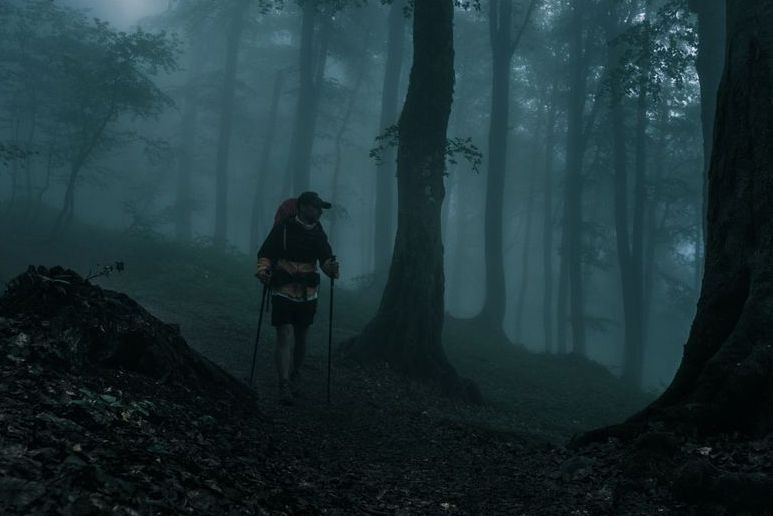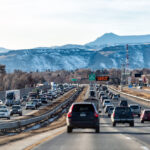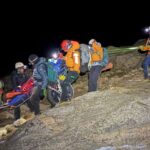Unprepared East Coast hiker charged for rescue after being found without food, water, or a light

It sounds like a recent incident that unfolded in New Hampshire is set to leave an unprepared hiker with a hefty bill after calling for help.
According to a report from New Hampshire Fish and Game Department, their agency was called to assist a hiker who called for help after finding himself unprepared for his adventure and near the summit of 4,760-foot Little Haystack in Lincoln as daylight waned.
The call came in at about 6:03 p.m. on October 19, with the 23-year-old hiker located above tree line on Franconia Ridge Trail at the time the call was placed. The hiker reported that he was not prepared for the hike and needed help getting down, without food, water, and a light as temperatures started to drop and a storm system moved into the area.
At about 8:14 p.m., a conservation officer was able to locate the hiker, providing him with what he needed and then assisting him down the trail. He was back to the parking lot by 9:50 p.m., explaining that he had not planned for a long hike.
In a report related to the rescue, the New Hampshire Fish and Game Department noted that the hiker would be charged for the cost of the rescue, presumably due to his lack of preparedness. The agency also reminded members of the public to make sure they’re bringing along the ’10 essentials’ when hitting the trail – warm clothing, extra food and water, headlamp, fire starter, first aid kit, whistle, rain/wind jackets and pants, knife, map and compass.
New Hampshire varies from Colorado in that costs of a rescue tend to get passed on to the rescue subject when negligence is involved. In Colorado, the general opinion of search and rescue groups is that having the potential for a cost could result in people being hesitant to call for help when help is needed, thus making a situation worse.
In Colorado, search and rescue responses are generally free to those in need, though there may be costs associated with medical services or transport related to a rescue – for example, if a helicopter medivac is needed. In the case related to the New Hampshire hiker, it sounds like that would have come at no cost.
This case goes to show how policies related to search and rescue operations can vary depending on where someone is at in the United States. The bottom line is – make sure you’re prepared for when things go wrong on the trail. Whether there’s an associated cost or not, preparation will make an emergency situation better.
Colorado’s search and rescue system is powered by unpaid volunteers who often end up spending money out of their own pockets to participate. If you’re interested in helping to support this effort, donations to the cause can be made here.
Get OutThere
Signup today for free and be the first to get notified on new updates.






